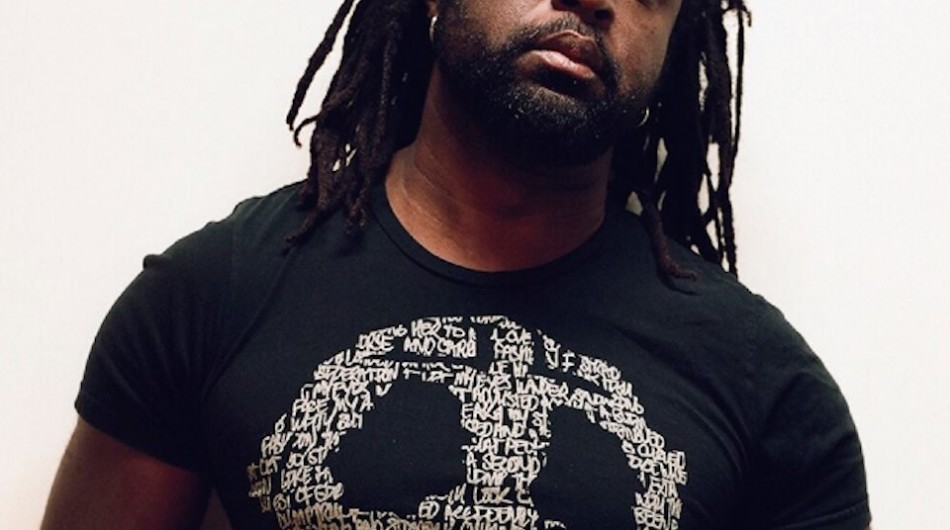-
Tips for becoming a good boxer - November 6, 2020
-
7 expert tips for making your hens night a memorable one - November 6, 2020
-
5 reasons to host your Christmas party on a cruise boat - November 6, 2020
-
What to do when you’re charged with a crime - November 6, 2020
-
Should you get one or multiple dogs? Here’s all you need to know - November 3, 2020
-
A Guide: How to Build Your Very Own Magic Mirror - February 14, 2019
-
Our Top Inspirational Baseball Stars - November 24, 2018
-
Five Tech Tools That Will Help You Turn Your Blog into a Business - November 24, 2018
-
How to Indulge on Vacation without Expanding Your Waist - November 9, 2018
-
5 Strategies for Businesses to Appeal to Today’s Increasingly Mobile-Crazed Customers - November 9, 2018
Jamaica’s Marlon James Wins Man Booker Prize
Marlon James, the Jamaican novelist, has won the prestigious Man Booker Prize for Fiction for “A Brief History of Seven Killings”, his fictional retelling of the 1976 attempted murder of Bob Marley.
Advertisement
Author and academic Michael Wood, chair of the five judges who selected James’s book from a shortlist of six titles, said the sprawling work had impressed the entire panel. Now, he has become the first Jamaican to win the Man Booker Prize in its 47-year history.
James was born in Kingston, Jamaica, in 1970.
In its citation to Mr James, the IOJ quoted a number of literary experts such as prominent Irish writer, Colum McCann and Jamaicas own Colin Channer, who heaped praises on his work.
In a story that proves you should never give up on your dreams, 2015’s Man Booker Prize victor Marlon James revealed that one of his previous novels “John Crow’s Devil” was turned down by no fewer than 78 publishers.
James spent four years working on A Brief History Of Seven Killings.
Critics have compared the novel to the stream-of-consciousness novels of William Faulkner and the hyper-violent movies of Quentin Tarantino, while James has cited Charles Dickens as an influence on his multi-character depiction of society. “I actually destroyed the manuscript, I even went on my friends computers and erased it”, he said on whether he ever considered giving up writing because of the multiple times his novel got rejected.
Instead, the novel received glowing reviews.
The New York Times had described the book as “epic in every sense of that word: sweeping, mythic, over-the-top, colossal and dizzyingly complex”. “We don’t want to talk about the history, we don’t want to talk about the corruption, we don’t even want to talk about homosexuality”, he said. The contest for the Booker, which was first awarded in 1969, grew more heated a year ago, when the prize was opened up to any novel written in English and published in Britain.
The other finalists were British writer Sunjeev Sahota’s immigrants’ story “The Year of the Runaways”; the fratricide fable “The Fishermen”, by Nigeria’s Chigozie Obioma; and British writer Tom McCarthy’s digital drama “Satin Island”.
The book beat bookmaker’s favourite, USA author Hanya Yanagihara’s “A Little Life”, a disturbing tale of male friendship with graphic details of child sex abuse, which had been the 6/4 favourite to win.
James said he hoped the award would draw attention to the flourishing literary scene in his home country.
Advertisement
“There’s this whole universe of spunky creativity that’s happening”, he said. “I hope it brings more attention to what’s coming out of Jamaica and the Caribbean”.





























